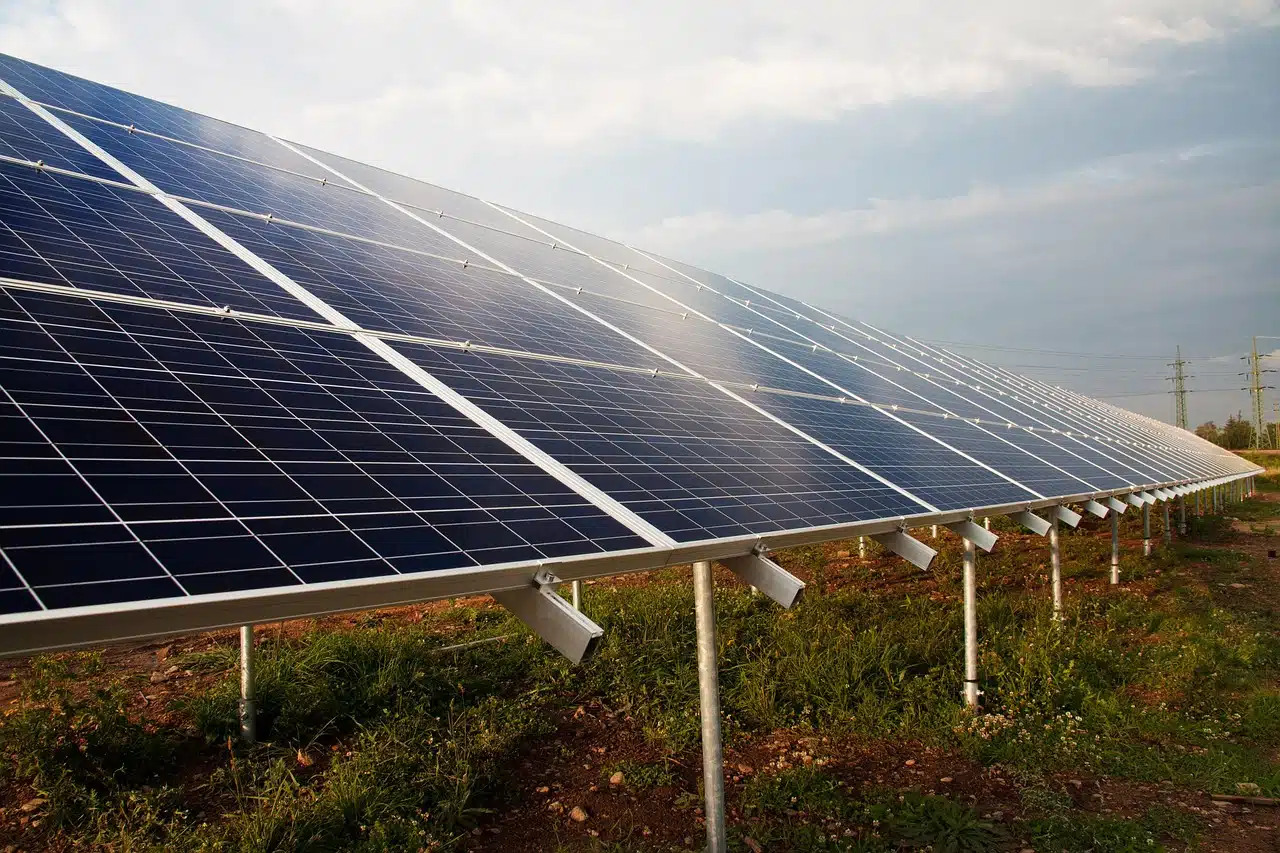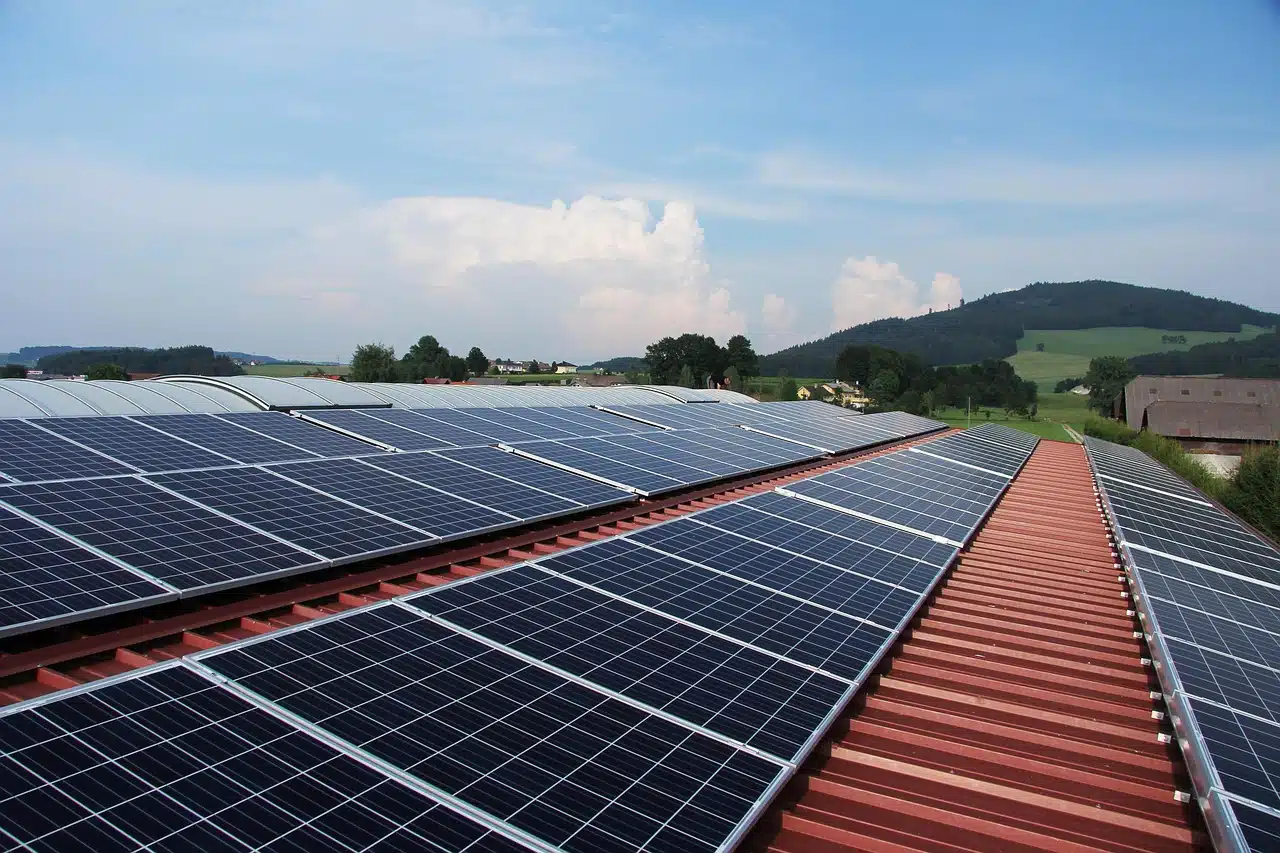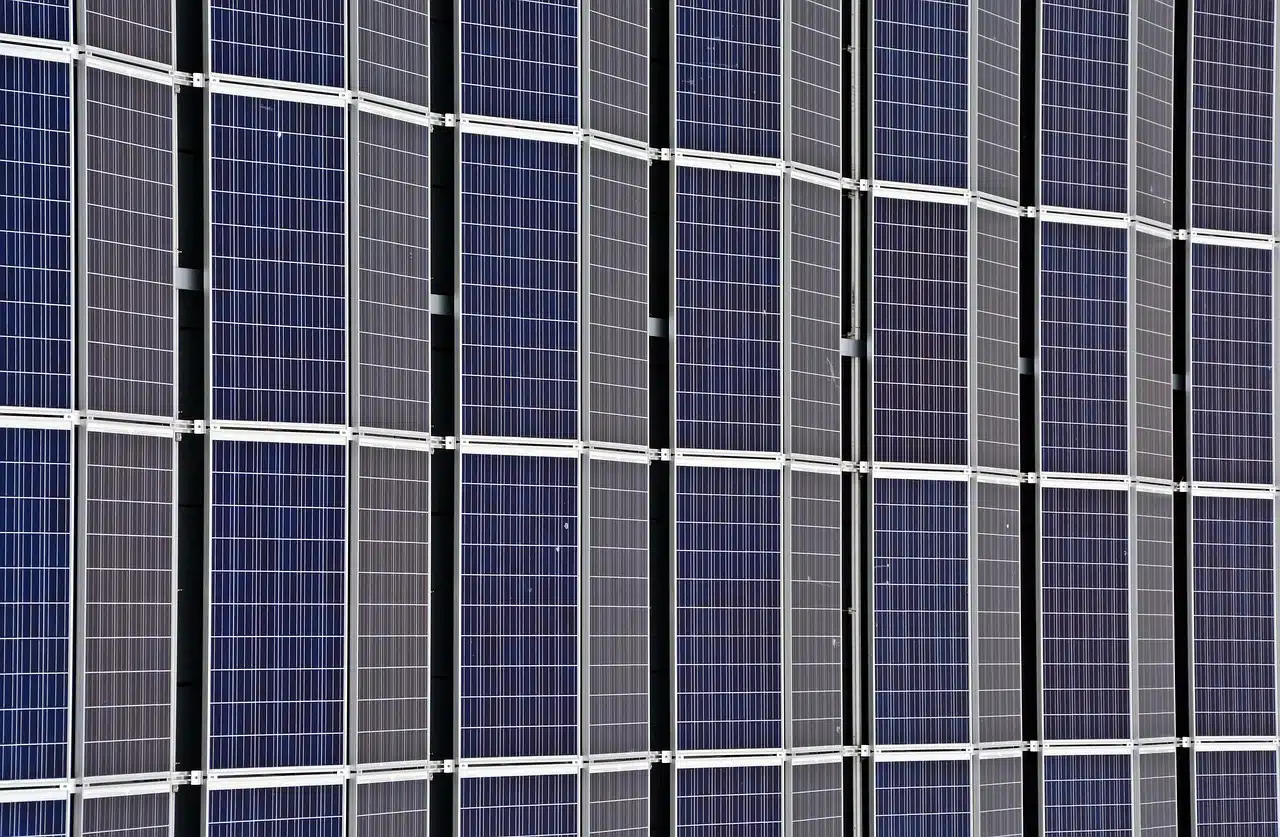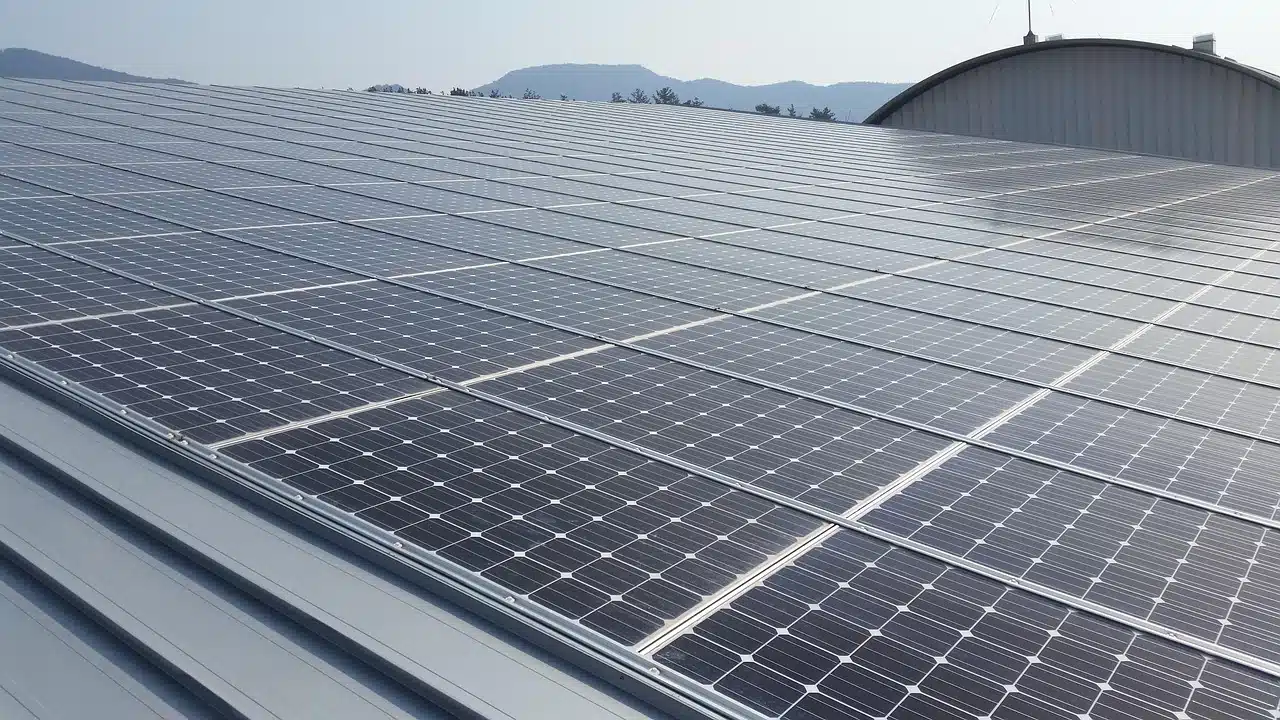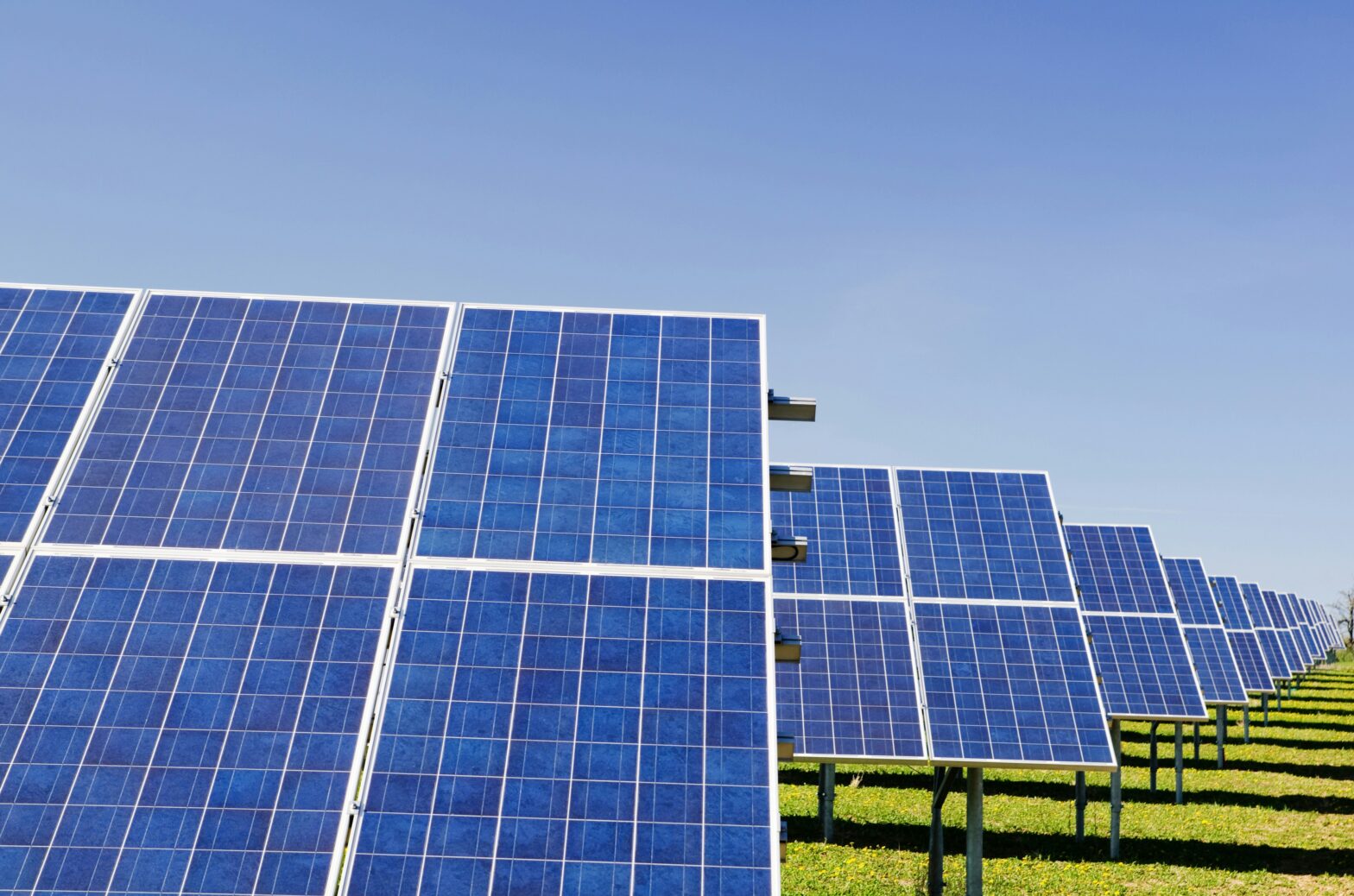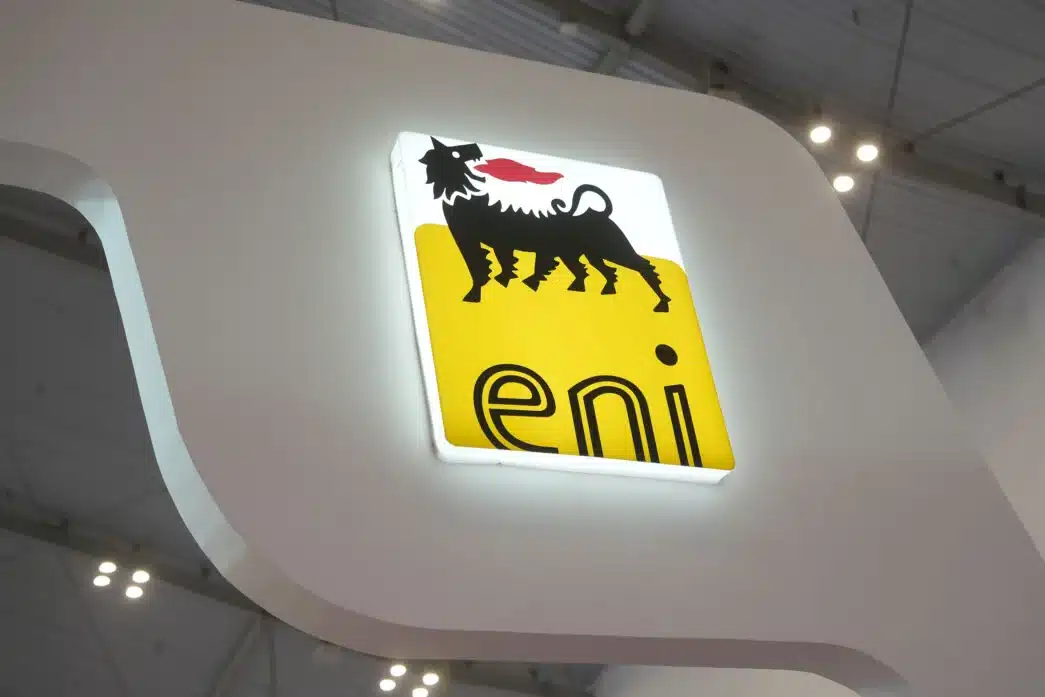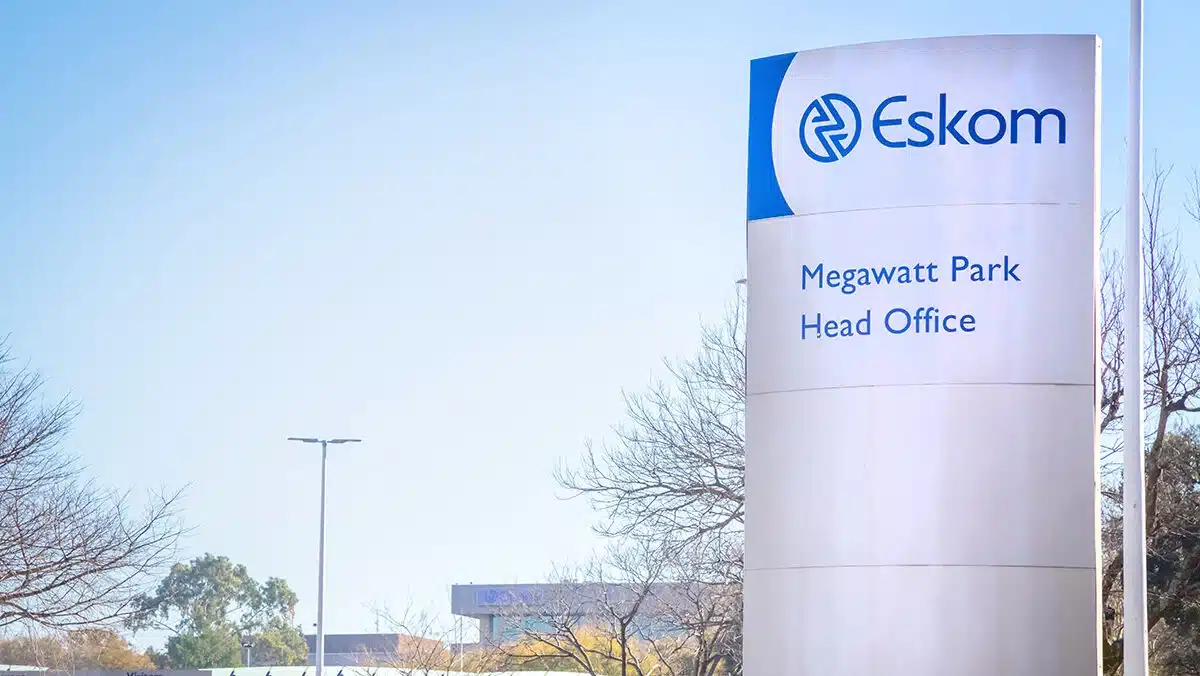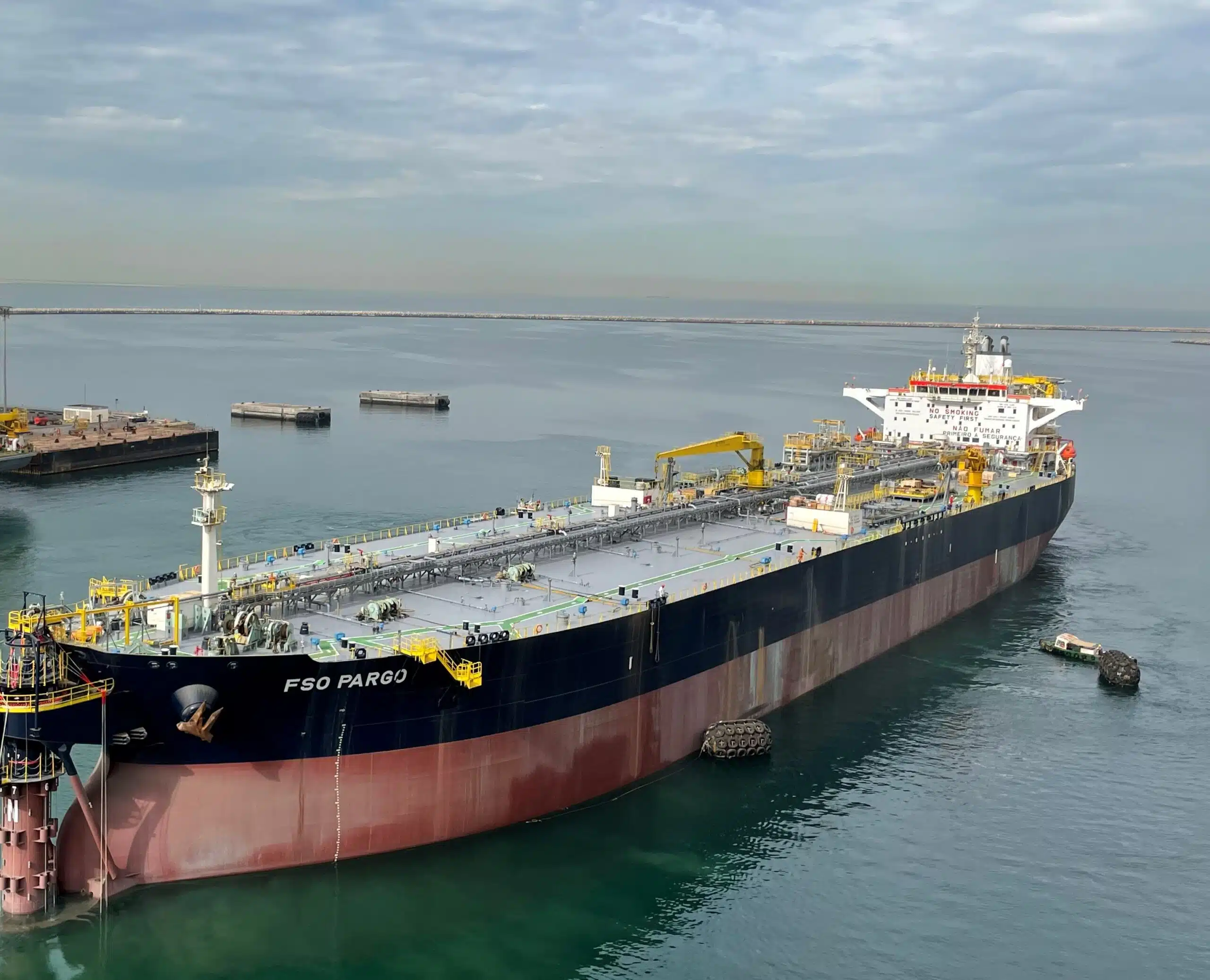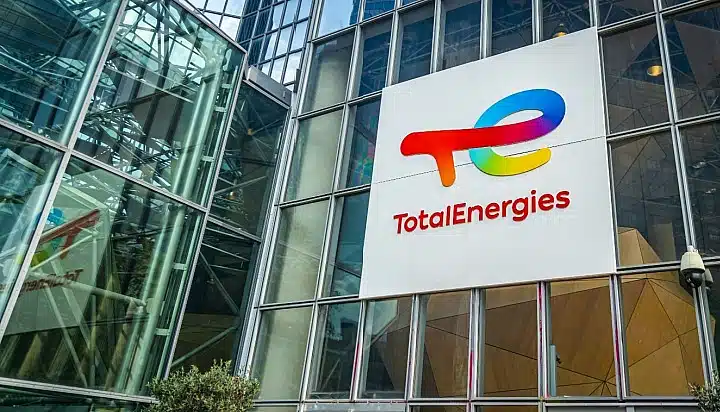Africa’s clean energy projects attracted about $23 billion in investment between 2019 and 2024, a new report shows.
The report from the International Energy Agency (IEA) on global energy investment revealed that clean energy investment on the continent moved from $17 billion to a whopping $40 billion within the same period.
The report indicates that while clean energy and renewables are attracting investors, most investment in Africa still remains in the oil and gas sector.
Indicating a positive trend in energy investment, the IEA said global investment in the sector would rise to $3.3 trillion despite economic uncertainty across the world.
Moreover, low-emission power projects remain the biggest sector where investors are pouring in their capital.
Out of all public funding and development finance institutions (DFIs), the Chinese DFI remains the highest contributor to clean energy in Africa.
Challenges faced on clean energy
According to the IEA, funding and affordability still remain some of the leading challenges for clean energy investment in Africa.
The report shows that public funding has depleted in recent years from $28 billion in 2015 to about $20 billion in 2024, indicating a 28.6% reduction in nine years.
On the part of affordability, least developed countries, particularly in Sub-Saharan Africa, face the challenge of affordability and access.
The IEA report indicates that poorer homes in Sub-Saharan Africa can be difficult for private sector investors, as they rely on concessionary funds to ensure affordability.
Meanwhile, the report shows that private equity and venture capital play a key role in financing these communities, especially small businesses.
Interestingly, the report shows that about 40% of private investment in clean energy comes from venture capital firms targeted at energy startups.
Why this matters
Despite being one of the most populous continents globally, Africa is at the centre of energy poverty, faced with a lack of electricity access and clean energy.
According to various reports, about 600 million Africans are still living without electricity, as well as 100 million living without clean cooking.
Most African countries also depend on carbon-intensive energy such as coal and gas to power their homes, businesses, and industries.
Increased interest in Africa’s clean energy projects from investors signals a shift in energy investment, as global capital finds its way to the continent.

